9 Things To Seriously Make You Re-consider The Entire Existence Of Mankind
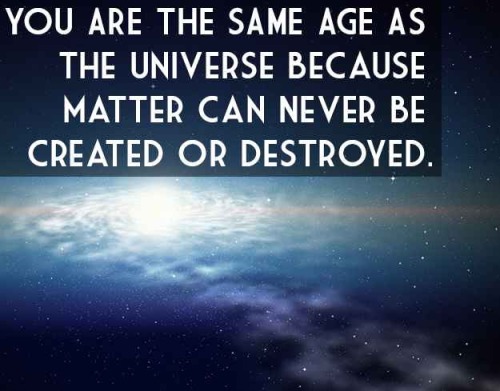
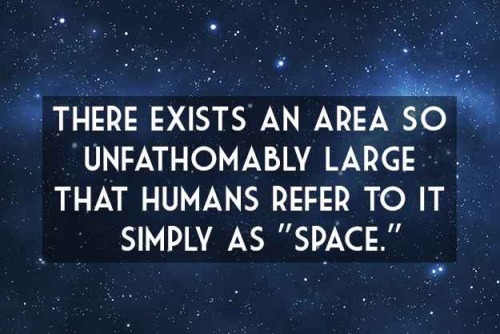
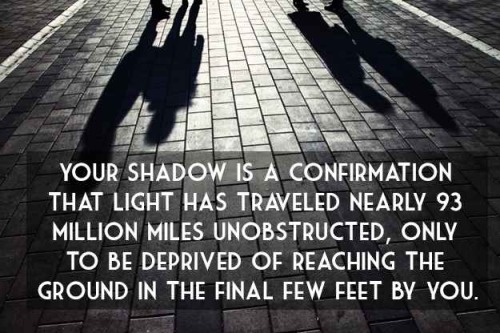
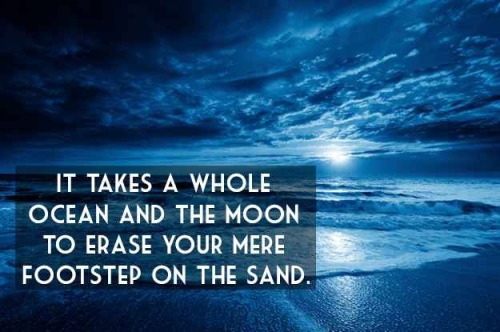

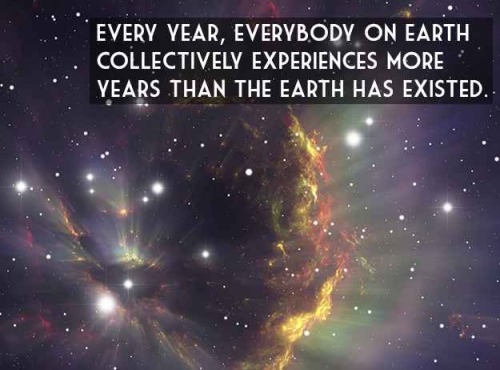
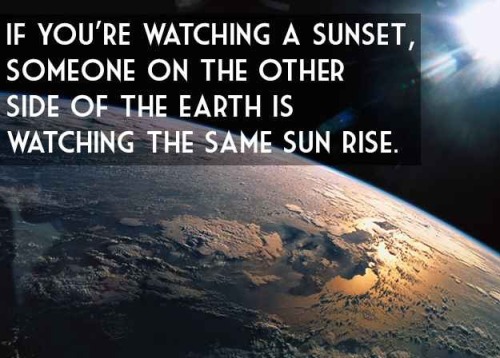
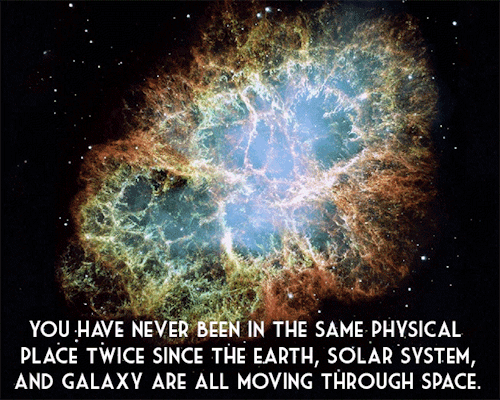
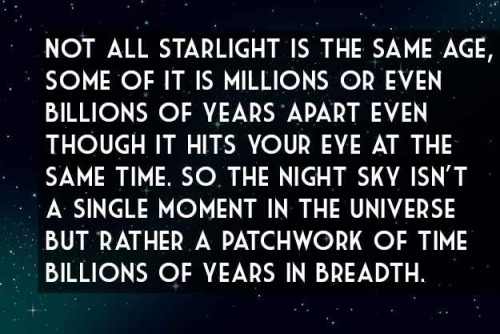
9 things to seriously make you re-consider the entire existence of mankind
Source: buzzfeed.com
More Posts from Outofambit and Others
ORBITAL MECHANICS
Complexity Graphics by Tatiana Plakhova
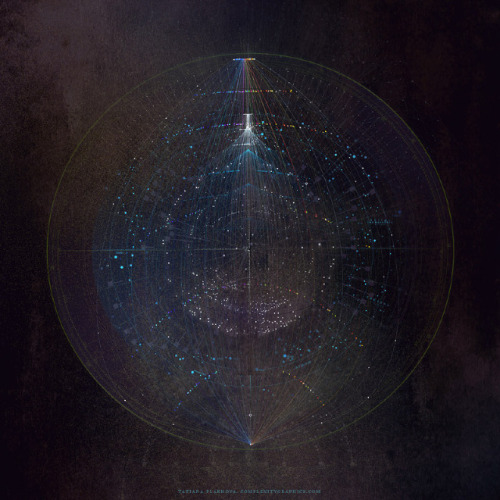
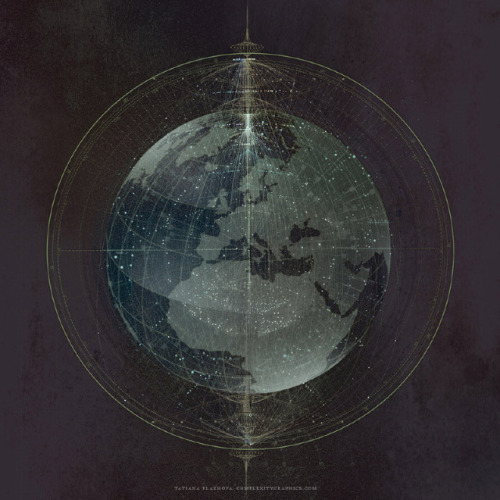
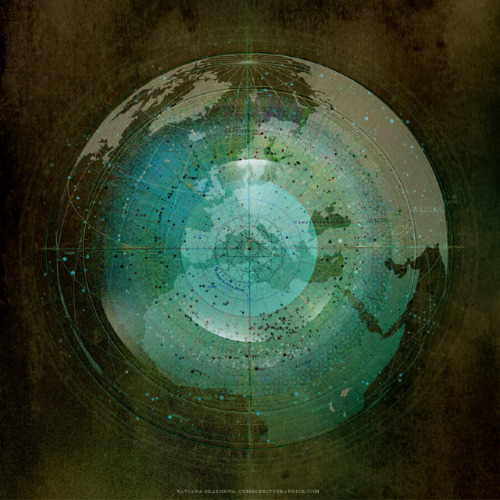
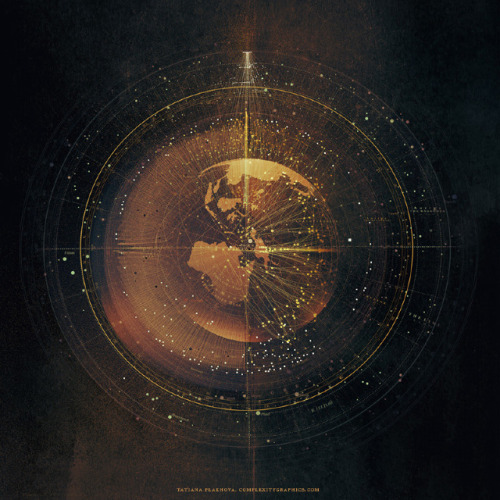
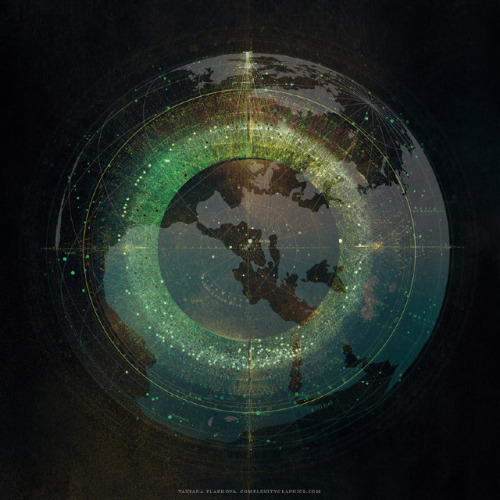
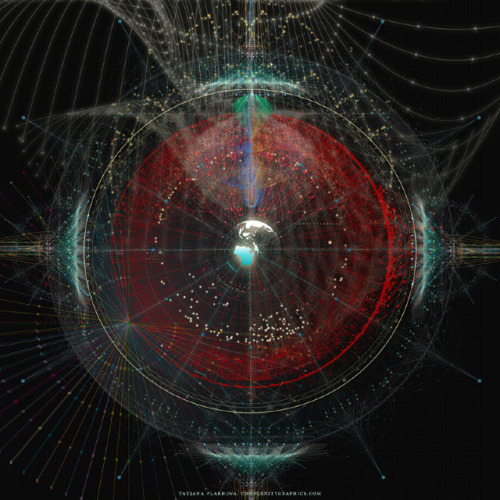
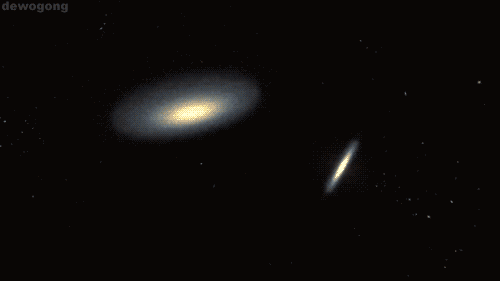
It gave Kit an annoyed look. “All right, so I’m ambivalent,” the Lone One said. “But isn’t ambivalence preferable to pure evil?” Kit considered that one for a moment. “See? You’re buying it already,” the Lone One said. “I was getting bored with absolute evil, anyway. I find that you can do lots more damage with ambivalence. … "People are eager to excuse it, though. Ambivalence is seen as a sign of maturity, wheras actually taking a stance on one side or another is easy to describe as simplistic. Or unsophisticated. Or juvenile."
-Wizard’s Holiday by Diane Duane
[yells to the heavens] THIS IS WHY I LOVE YA LIIIIIT
(via trailofdesire)


New Galactic Supercluster Map Shows Milky Way’s ‘Heavenly’ Home
A new cosmic map is giving scientists an unprecedented look at the boundaries for the giant supercluster that is home to Earth’s own Milky Way galaxy and many others. Scientists even have a name for the colossal galactic group: Laniakea, Hawaiian for “immeasurable heaven.”
Image 1: Scientists have created the first map of a colossal supercluster of galaxies known as Laniakea, the home of Earth’s Milky Way galaxy and many other. This computer simulation, a still from a Nature journal video, depicts the giant supercluster, with the Milky Way’s location shown as a red dot. Credit: [Nature Video](https://www.youtube.com/watch?v=rENyyRwxpHo)
Image 2: This computer-generated depiction of the Laniakea Supercluster of galaxies, which includes the Milky Way galaxy containing Earth’s solar system, shows a view of the supercluster as seen from the supergalactic equatorial plane. Credit: SDvision interactive visualization software by DP at CEA/Saclay, France
The scientists responsible for the new 3D map suggest that the newfound Laniakea supercluster of galaxies may even be part of a still-larger structure they have not fully defined yet.
"We live in something called ‘the cosmic web,’ where galaxies are connected in tendrils separated by giant voids," said lead study author Brent Tully, an astronomer at the University of Hawaii at Honolulu.
Galactic structures in space
Galaxies are not spread randomly throughout the universe. Instead, they clump in groups, such as the one Earth is in, the Local Group, which contains dozens of galaxies. In turn, these groups are part of massive clusters made up of hundreds of galaxies, all interconnected in a web of filaments in which galaxies are strung like pearls. The colossal structures known as superclusters form at the intersections of filaments.
The giant structures making up the universe often have unclear boundaries. To better define these structures, astronomers examined Cosmicflows-2, the largest-ever catalog of the motions of galaxies, reasoning that each galaxy belongs to the structure whose gravity is making it flow toward.
"We have a new way of defining large-scale structures from the velocities of galaxies rather than just looking at their distribution in the sky," Tully said.

NGC 2403 in Camelopardalis
As someone currently spite-writing the second draft of a project...this fills me with such a sense of purpose and inspiration. XD
What inspired you to write Young Wizards? A relative, a dream you had? Did the story come to you as you were writing it, or was it hammered from bits and pieces of thoughts made plain on text? Were there parts you struggled with, parts that came easier than others? (Have you already answered these questions in an interview you can link to?)
What inspired me to write So You Want To Be A Wizard?
Partly humor. Partly rage. (More about both under the cut...)
The subject's come up in interviews every now and then, but let's tl:dr; it here.
The humor: Often enough while I was nursing, and seeing the bizarre things people would do to their own bodies, I wished out loud to other fellow professionals that human beings came with some kind of instruction manual. Now, I'd known the "So You Want To Be A…" series of (US-published) career books from my childhood. One day when I was thinking about them—and for no reason I can understand at this end of time—the word "…Wizard" plugged itself onto the end of the title template.
Instead of a simple instruction manual for people, I found myself considering what a wizard's manual would look like. Where would it come from? Who would it have come from? Might it, itself, be an entirely bigger manual than the one I'd been joking about—but the full instructions and background material you'd need for (maybe) understanding life, but (definitely) doing magic? A book as big or as small as you needed for the work in hand, and full of the answers to questions you never thought you'd get answers to? ...
From that basic concept, the wider concept of wizardly culture built itself up over the next couple of years. ...Naturally I'd read Le Guin's "Earthsea" books years before, and I'd noted (but decided to pass on) the concept of a school-for-wizards. While it was interesting enough, it'd already been done by a writer far more skilled. What interested me more was a DIY-ish approach, where you learn by yourself, do things that interest you, and join up with other like-minded practitioners when the mood moves you or circumstances require.
Anyway, now comes the rage. While all this was percolating in the background, I was finishing up a YA series by another writer. When I hit the end of it, I was profoundly upset by the events of the series’s closure. They seemed to me to have treated strong and resilient young characters as helpless creatures without agency, subjecting them “for their own good” to an amnesic end-state they absolutely didn’t deserve. I got mad about this. I dove into the writing of the first Young Wizards book with the intention of treating my young characters a whole lot better—since if there was anything I knew about kids from my nursing, it was that a lot of them were tougher than many of the adults around them.
Once I was started, the writing went straightforwardly from book’s beginning to book’s end (because as I was already a screenwriter, and screenwriters outline, the novel was naturally outlined too). The writing took about six months, as right then I was also writing for Scooby and Scrappy-Doo to pay the rent. I turned in the book and didn’t think much more about what might happen next (though I knew there was quite a lot more story to tell) until I ran into Madeleine L’Engle at some event of my publisher’s. She took me aside and said, “I read your last one. I liked it a lot! When’s the next?”
That was when I realized I had a problem... so I got busy. :) ...And I’ve been busy with the Young Wizards universe ever since. I’m busy with that universe right now, though it may not look like it. And I expect to be busy with it for years to come.
HTH!
-
 none-beef reblogged this · 3 weeks ago
none-beef reblogged this · 3 weeks ago -
 4whlpotts liked this · 1 month ago
4whlpotts liked this · 1 month ago -
 futurejiggy liked this · 1 month ago
futurejiggy liked this · 1 month ago -
 that-girl-diary liked this · 1 month ago
that-girl-diary liked this · 1 month ago -
 knotsoweldeadll reblogged this · 1 month ago
knotsoweldeadll reblogged this · 1 month ago -
 mairem liked this · 1 month ago
mairem liked this · 1 month ago -
 got2rambleon4 reblogged this · 1 month ago
got2rambleon4 reblogged this · 1 month ago -
 got2rambleon4 liked this · 1 month ago
got2rambleon4 liked this · 1 month ago -
 nihilistghoul liked this · 1 month ago
nihilistghoul liked this · 1 month ago -
 ddjordje liked this · 1 month ago
ddjordje liked this · 1 month ago -
 saygoodnight2theworld reblogged this · 1 month ago
saygoodnight2theworld reblogged this · 1 month ago -
 saygoodnight2theworld liked this · 1 month ago
saygoodnight2theworld liked this · 1 month ago -
 daengeli liked this · 2 months ago
daengeli liked this · 2 months ago -
 cataradical liked this · 8 months ago
cataradical liked this · 8 months ago -
 whzzitt reblogged this · 10 months ago
whzzitt reblogged this · 10 months ago -
 mnemonic-horse reblogged this · 10 months ago
mnemonic-horse reblogged this · 10 months ago -
 lychbeast reblogged this · 10 months ago
lychbeast reblogged this · 10 months ago -
 t-rexdescendant reblogged this · 10 months ago
t-rexdescendant reblogged this · 10 months ago -
 rogue-healer reblogged this · 10 months ago
rogue-healer reblogged this · 10 months ago -
 rogue-healer liked this · 10 months ago
rogue-healer liked this · 10 months ago -
 marcopolo1109 liked this · 10 months ago
marcopolo1109 liked this · 10 months ago -
 friznod liked this · 10 months ago
friznod liked this · 10 months ago -
 fallengraywolf reblogged this · 10 months ago
fallengraywolf reblogged this · 10 months ago -
 humanityinmotion reblogged this · 10 months ago
humanityinmotion reblogged this · 10 months ago -
 inhumaninterest liked this · 11 months ago
inhumaninterest liked this · 11 months ago -
 ask-de-writer reblogged this · 11 months ago
ask-de-writer reblogged this · 11 months ago -
 leda-timeandspace reblogged this · 1 year ago
leda-timeandspace reblogged this · 1 year ago -
 aspoonfulofwitchcraft liked this · 1 year ago
aspoonfulofwitchcraft liked this · 1 year ago -
 saphicspacesociety20 reblogged this · 1 year ago
saphicspacesociety20 reblogged this · 1 year ago -
 jay1538 liked this · 1 year ago
jay1538 liked this · 1 year ago -
 oleg-rybak liked this · 1 year ago
oleg-rybak liked this · 1 year ago -
 spnbitchnomore liked this · 1 year ago
spnbitchnomore liked this · 1 year ago -
 catsilver reblogged this · 1 year ago
catsilver reblogged this · 1 year ago -
 lenisbalenas liked this · 1 year ago
lenisbalenas liked this · 1 year ago -
 enstarsenpali liked this · 1 year ago
enstarsenpali liked this · 1 year ago -
 siriuslypoppunk reblogged this · 1 year ago
siriuslypoppunk reblogged this · 1 year ago -
 louisedespont liked this · 1 year ago
louisedespont liked this · 1 year ago -
 sims3-dh liked this · 1 year ago
sims3-dh liked this · 1 year ago -
 antegalspet liked this · 1 year ago
antegalspet liked this · 1 year ago -
 joshuahowls liked this · 1 year ago
joshuahowls liked this · 1 year ago
A personal temporospatial claudication for Young Wizards fandom-related posts and general space nonsense.
288 posts









